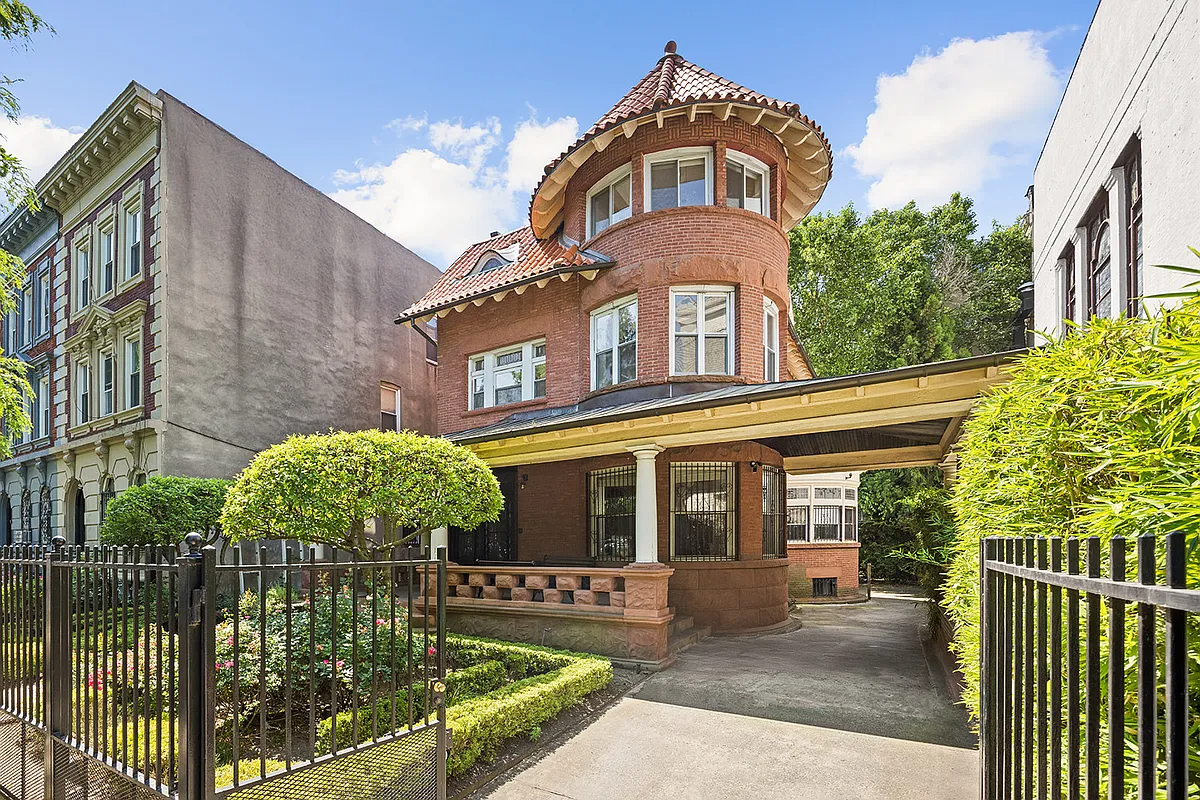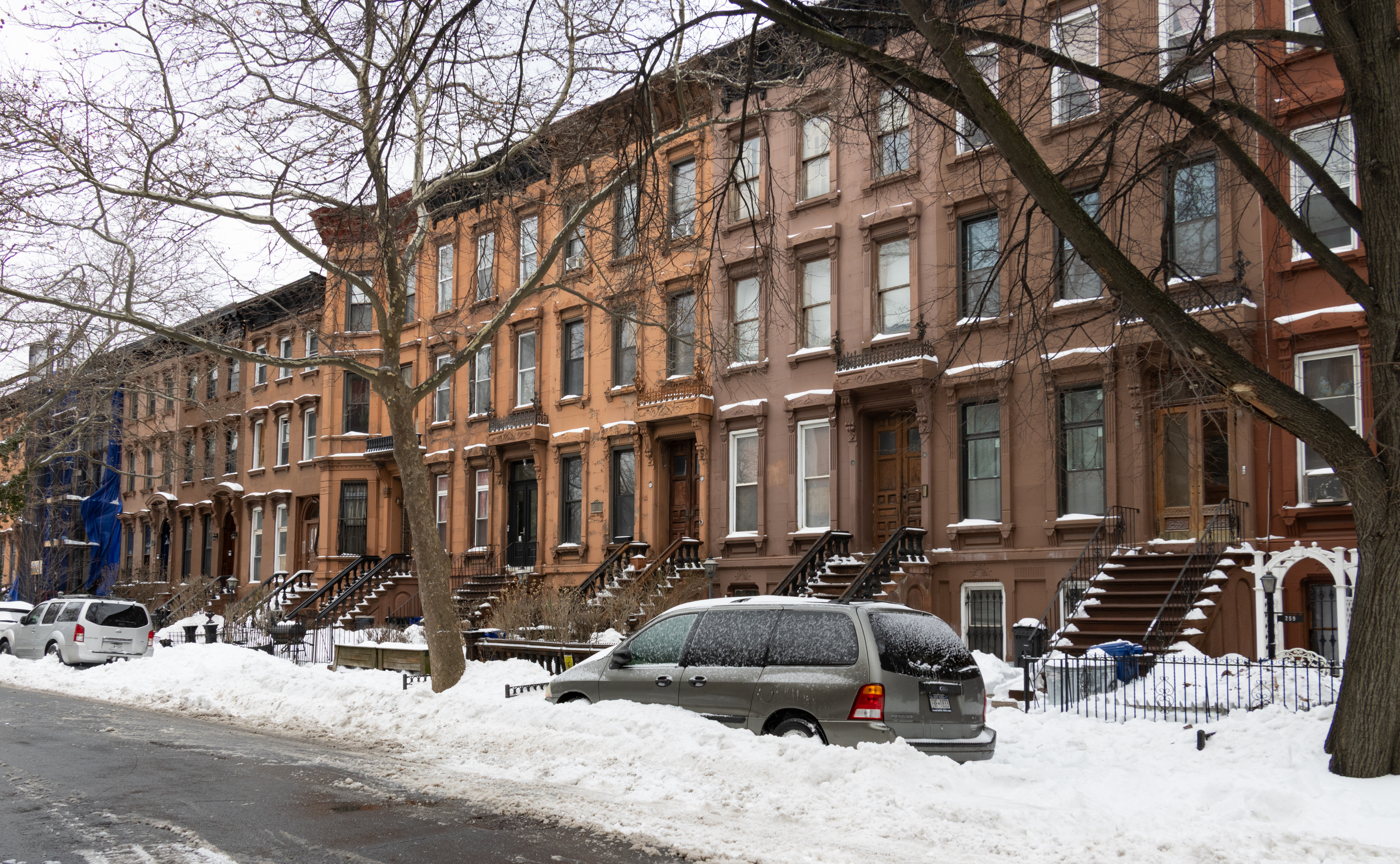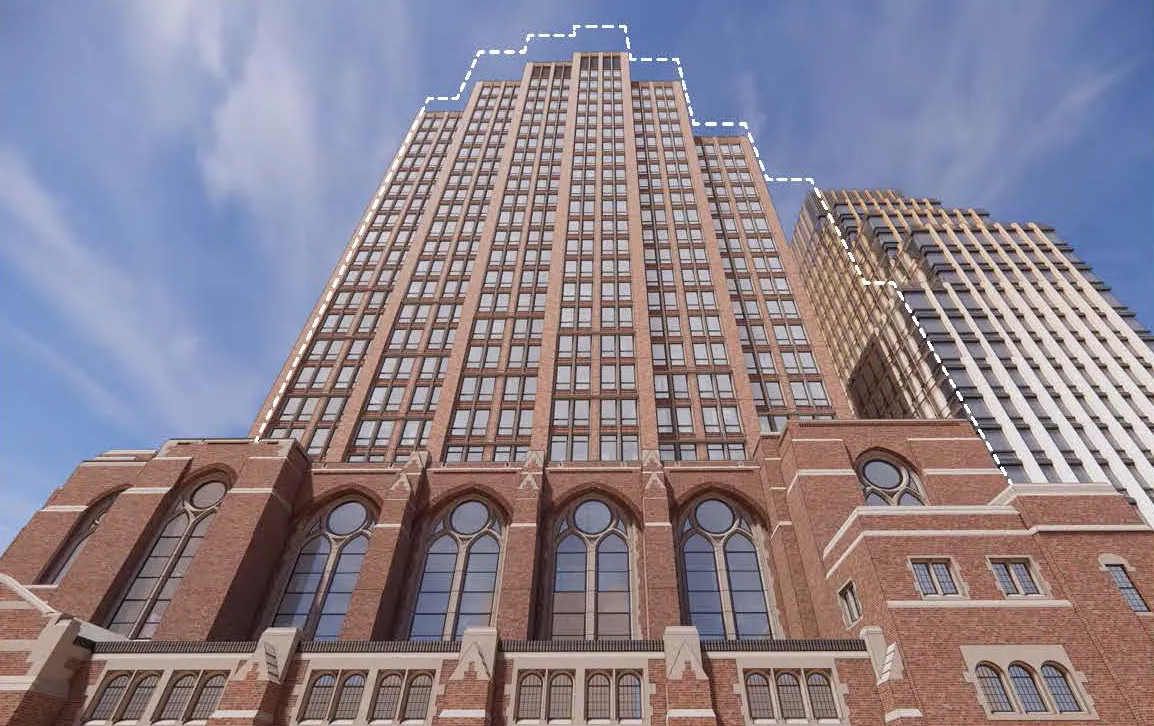Red Nabes Lose: Condo Price Cuts all the Rage
All the neighborhoods in red above saw more price decreases than increases on condo units between mid-February and mid-May, according to StreetEasy numbers the Real Deal crunched. The data shows that there are more price cuts these days than price increases in both Brooklyn in Manhattan. In Brooklyn, there were cuts at 183 units, with…


All the neighborhoods in red above saw more price decreases than increases on condo units between mid-February and mid-May, according to StreetEasy numbers the Real Deal crunched. The data shows that there are more price cuts these days than price increases in both Brooklyn in Manhattan. In Brooklyn, there were cuts at 183 units, with the average price decrease totaling $42,195. At the same time, there were 103 listing increases averaging $34,660. The stats for Williamsburg are probably the most interesting: The neighborhood had the greatest number of price changes, 104, but it ends up green on the map because there were a bunch of price bumps at Northside Piers. Take Northside Piers out of the picture and there would have notched 40 decreases and 11 increases. Clinton Hill and Park Slope fared poorly in the tally, with the former lodging reductions on 24 units and increases on only 3, and the Slope seeing a total of 18 decreases and zero increases. Brokers say the numbers for the two neighborhoods may have reflected listings where brokers/developers had loose definitions of the two neighborhoods’ boundaries (Bed-Stuy and South Slope, maybe?). Overall, not the prettiest picture.
Condos on the Chopping Block [The Real Deal]
Graphics from The Real Deal.





3:07,
By the way you asked for even 1 example, to disprove your sill over-generalization that “cities have held their values far far more than the suburbs.” I gave names three cities and then you say I gave a “mere” three examples. Well, to prove your talking out of your asshat and know not of what you speak here are some more examples:
Newark, NJ
Providence, Rhode Island
Gary, Indiana
Milwaukee, WI
All these cities have witnessed a migration of people out of them and have fewer people now than before. Morever, they are also pretty miserable places to live.
The fact more new parents and other people need at-home office space to perform their jobs via the internet is exactly what has fueled the interest in brownstones in Brooklyn. It’s why we bought one instead of an apartment. It didn’t even occur to us to leave the city just because we needed more space.
So bad argument, Brooklynnative. Just because people need a home office doesn’t automatically mean it will alter their entire lifestyle choice and make them go to Greenwich CT.
“Get a grip on reality”
OK here’s the reality. NYC has become increasingly more reliant, not less, on Wall Street. Maybe you weren’t around after the crash in 87, but NY suffered more than any other city because the job losses were centered here. Look at any history of the city and you’ll see that the city used to have a vibrant manufacturing base (think Williamsburg, LIC, or Gowanus) all gone, a strong textile industry (think fashion row) gone, shipping industry (the docks) gone, and other industries that have also left. Hundreds of thousands of those types of jobs have been lost which is what helped get NY through the Depression era better than most other cities because the economy was so vibrant and diversified back then.
I don’t know all the facts and figures off hand, but if you were to look at the percentage of tax revenues derived from Wall Street related industries you would see that the percentage has steadily and dramatically increased, especially over the past three or four decades. You can rely on all the anecdotal evidence you want regarding you and your friends, but birds of a feather flock together. Don’t you imagine people in finance would say all their friends seem to work on Wall Street?
T
he facts are that this city has become completely dependant on the outsized salaries of Wall Street and if it continues to tank so will the NYC economy. I cannot even imagine how anyone who knows the least bit of NYC could content otherwise. This is not some crazy theory the What thought up but the subject of many Mayorial and political debates, how can we get the city to become less dependant on Wall Street.
Actually Brooklynnative at 2:35, I was thinking of places like this:
Seattle
Portland
Minneapolis
Chicago
Atlanta
Raeigh/Durham
Austin
D.C.
Los Angeles (I used to live there and all the well-located in-town houses are selling just fine; it’s the suburbs they can’t sell)
But good for you, you thought of a mere 3 cities that aren’t doing so well in their urban areas, Brooklynnative.
But come on, AGAIN, we’re not hedge fund traders! How many times do people have to point that out to you and The What????? Nearly everyone buying brownstones in Brooklyn are in media and arts and IT. Literally every single f-ing person we know on our block are in those industries. Every single one. And they AIN’T moving to goddang Greenwich Connecticut. Get a grip on reality.
2:15,
“Name any state and I can point out how the properties INSIDE the cities have held their values far far more than the suburbs.”
Have you never heard of the cities called Detroit, Cleveland, or Buffalo? There was a famous article written by a journalist called “Why do people move to Detroit.” His answer was because house prices have become so depressed there, that the houses are worth less than what it would cost to build them. Ain’t nobody migrating to Detroit my friend except birds nesting in the empty lots which are now used to farm!
That said, I agree there is a migration to certain cities but at the same time, I think the internet will eventually reverse that trend. Don’t you realize that there are now many hedge funds operated outside of NYC – in Conneticut for example. If you are a trader, you can trade anywhere there is an internet. I wouldn’t be surprised if we hit the peak of the migration back to cities like NYC real soon.
Holyfield and Ed McMahn are your examples of how “anyone” can lose their money – now I know you are officially crazy.
Nice try BN. the What is the turd I just flushed.
The What & Brooklynnative:
The thing YOU guys never get is the fact that many many people in certain industries here, including us, simply can’t make a living outside of NYC. This is where the jobs are. Or, if we were to find jobs in our field outside of NYC, we make 1/3 the money. Living outside NYC does not make us do better financially even if our house costs a little less money to buy or rent.
As long as people HAVE to live in NYC and as long as they prefer to own and not rent, and as long as they prefer to ride the subway to work instead of drive on a congested freeway to the train station, the real estate will do just fine in Brooklyn thank you very much.
This is about a huge migration back to cities which happened all over the country over nearly two decades. Name any state and I can point out how the properties INSIDE the cities have held their values far far more than the suburbs. If you think this only happened in Brooklyn you’re retarded and obviously never travel or do business anywhere else in the country. Which then makes me take you less seriously than I already do.
“what” – what i don’t get is why someone who reads only conclusions and analysis but lacks the necessary knowledge and understanding to do one’s own independent analysis thinks he/she gets it. that is what truly is scary.